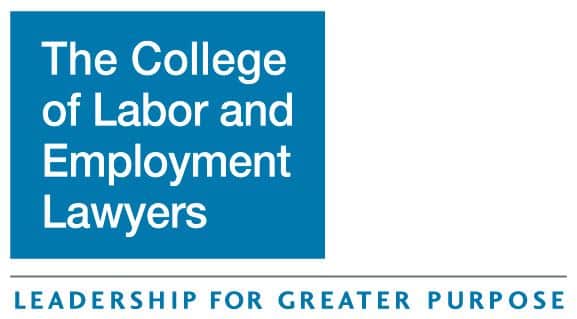Unpaid internships have become increasingly common in the job market. Approximately one million undergraduate students work in internships each year, an estimated half of which are unpaid.[1] When “for-profit” private employers utilize unpaid interns, some courts have decided that such employers violate federal wage and hour laws. In 2013, the United States District Court for the Southern District of New York found that Fox Searchlight Pictures violated federal and state minimum wage laws by not paying its production interns (“Black Swan” case). Indeed, the practice of utilizing unpaid internships is well-documented in the film and media industry. The “Black Swan” case set the stage for a number of subsequent lawsuits file by unpaid interns. Since then, unpaid interns at Gawker Media and Condé Nast, among others, have filed lawsuits alleging wage and hour violations.
The Fair Labor Standards Act (FLSA) is a federal law that establishes minimum wage and overtime standards for covered employers and employees. Specifically, the FLSA establishes a federal minimum wage of $7.30 per hour and requires a minimum of “time-and-a-half” for hours worked over forty per workweek. In the context of internships, those requirements only apply to “for-profit” private sector employers – that is, non-profit and public sector employers need not compensate their interns. The Department of Labor has provided some guidance on when interns must be paid the minimum wage and overtime under the FLSA. In general, interns in the “for-profit” private sector who qualify as employees rather than trainees must be paid at least minimum wage and overtime compensation for hours worked over forty in a single workweek. There are, however, some circumstances under which “for-profit” private sector internships may be uncompensated. The Supreme Court, however, has made clear that the minimum wage and overtime requirements do not apply to interns who receive training for their own educational benefit if the training meets certain criteria. This determination is a fact-specific, case-by-case determination. To determine whether the exclusion applies, six criteria must be met:
- The internship, even though it includes actual operation of the facilities of the employer, is similar to training which would be given in an educational environment;
- The internship experience is for the benefit of the intern;
- The intern does not displace regular employees, but works under close supervision of existing staff;
- The employer that provides the training derives no immediate advantage from the activities of the intern and on occasion its operations may actually be impeded;
- The intern is not necessarily entitled to a job at the conclusion of the internship; and
- The employer and the intern understand that the intern is not entitled to wages for the time spent in the internship.
To be sure, this is an exacting test to meet. But such stringent requirements make sense given the FLSA defines the term “employ” broadly. In the Black Swan case, the court found that the interns were effectively employees for purposes of federal and state law and that the internships did not foster an educational environment and the studio received the benefits of the work.
If you believe your employment rights have been violated, you should contact a St. Louis employment lawyer.













